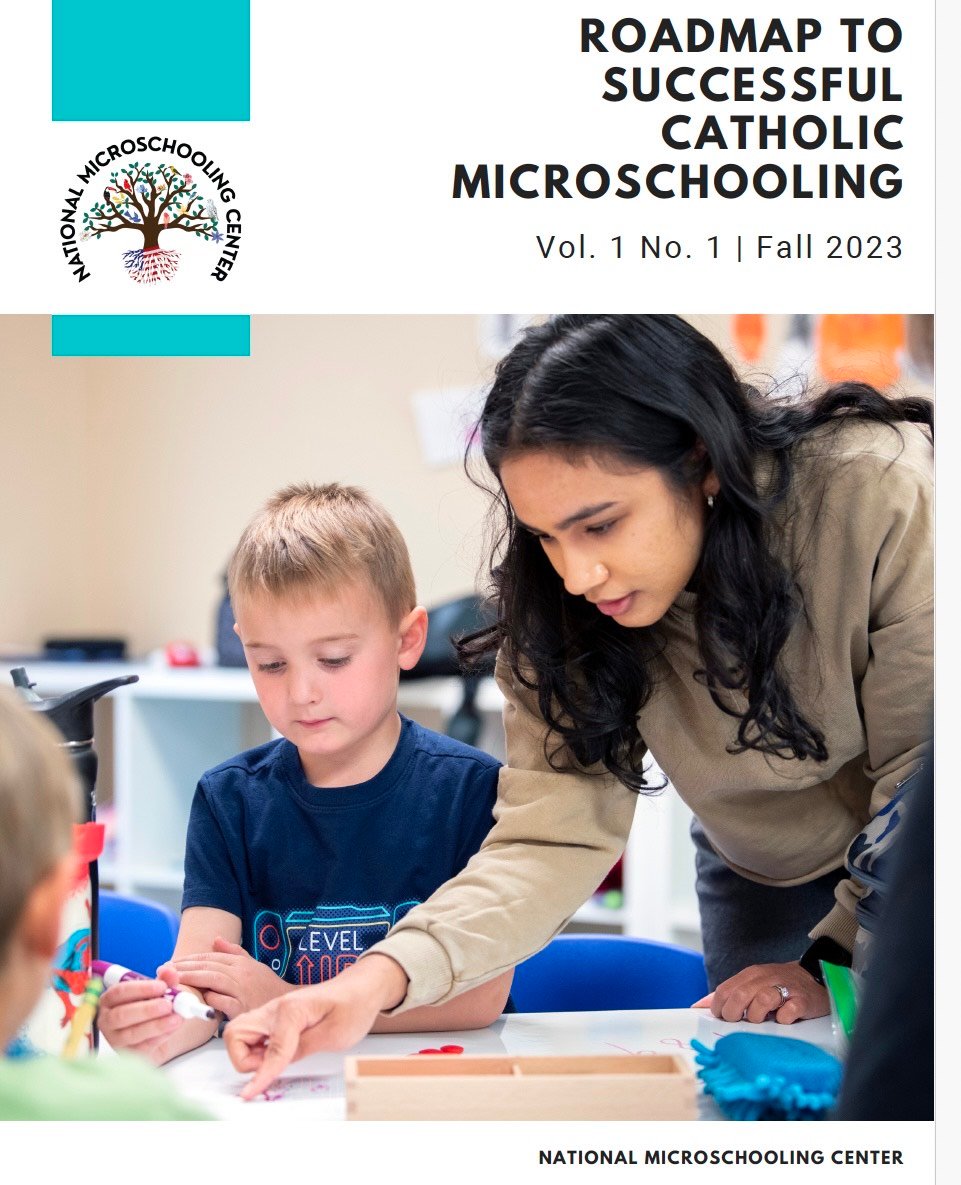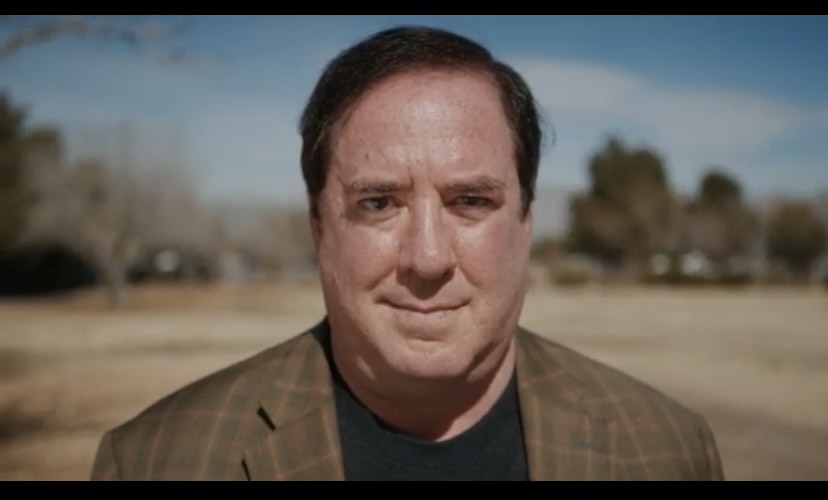The "Get to Know 5" Bold Microschool Predictions for 2023
What will 2023 hold for America’s microschooling movement? As this phenomenon has gained prominence in the nation’s education landscape, much...

This week, the National Microschooling Center published its Roadmap to Successful Catholic Microschooling.
Microschooling’s versatile small learning environments and flexibilities offer an approach particularly well suited to today’s Catholic education. In communities where traditional Catholic school models are less viable or prohibitively costly, microschooling offers numerous advantages. Educational advantages of microschooling can extend to children and families in all environments.
Microschooling supports the “wide range of life experiences and learning processes,” that Pope Francis has described as vital to offer young people. “They need to be taken out of the classroom, their minds need to be taken out of the classroom, their hearts need to be taken out of the classroom,” he explained as he described the Church’s educational mission in an address to educators in 2015.
Today’s microschooling models can support each of these to occur with frequency and depth. A powerful example of how this can work for the considerable benefit of children and families can be found in the three microschools operated by the Archdiocese of Los Angeles. As Paul M. Escala, Superintendent of Schools for the Archdiocese, explained to the Catholic News Agency, “We are thrilled to offer families a small-school experience with a highly personalized learning environment. Our Catholic schools have always been known for their community-based approach to education of the whole person. Our Microschools Network takes this to a whole new level.”
Catholic churches with available classroom space may make space available for microschools to utilize during the week. If a church has other resources available to share, such as staffing to support nonteaching functions, technology, or recreational space, these can be valuable assets for a microschool.
They may also choose to work with a technical partner, who designs the educational plan and oversees the day-to-day teaching and learning. They can be responsible for tracking academic growth, managing communicating with families, and other important functions. While faith can be incorporated into all subjects, Catholic education may be shared with church leadership and families.
All Catholic schools, including microschools, must, according to Canon Law, hold the consent of their diocesan Bishop, who maintains the right to watch over and inspect their operations.
Click here to read the Center’s Roadmap to Successful Catholic Microschooling.
.jpg)
What will 2023 hold for America’s microschooling movement? As this phenomenon has gained prominence in the nation’s education landscape, much...

The FRIAR of Microschooling